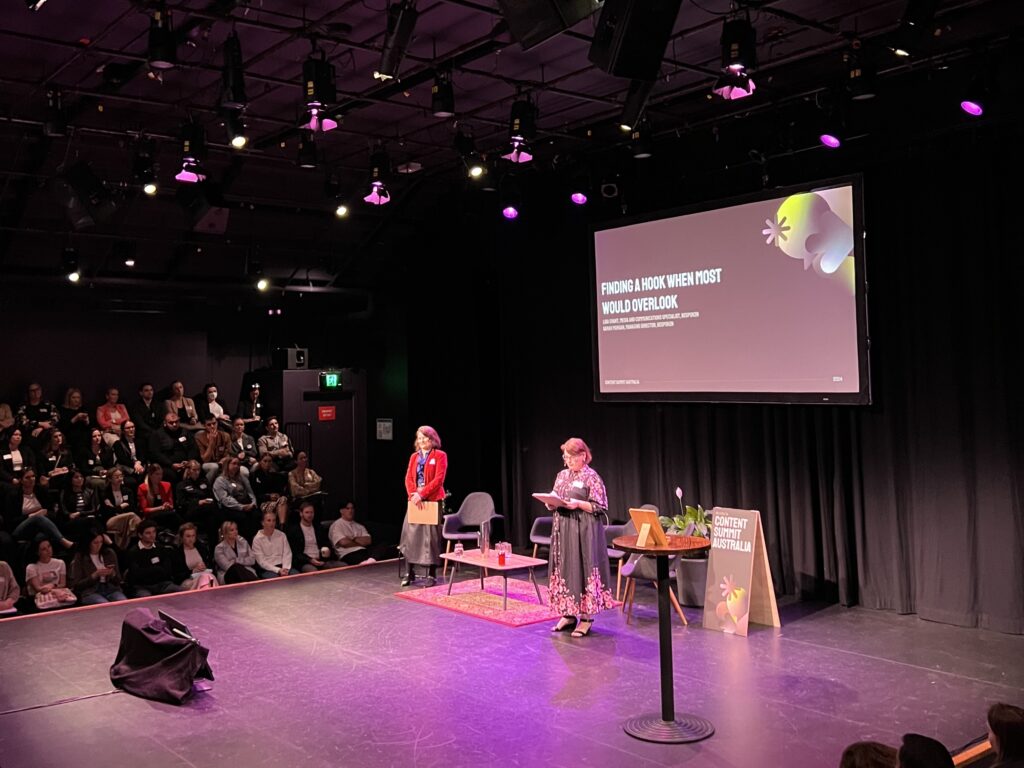As you build your business empire, there comes a point when you need to up your PR and marketing game. Perhaps you need to employ an expert in this area for the first time or get additional support to execute a campaign to drive awareness about a new service or product.
Either way, you need big ideas. You need a clever campaign that will resonate with your target audience and deliver leads. You need a strategy to ensure your brand stays top of mind by delivering appealing content to the right people. You need media coverage to get your brand in front of a wider audience. And you need a crisis communications plan just in case things turn pear-shaped.
But you’re not sure who is going to do all these things. Should you hire someone in-house or bring in an agency to take care of your PR, communications and marketing? There are multiple factors to consider in deciding.
In-house or agency: what’s the difference?
In-house means you are hiring an individual employee to work directly for you, rather than using a third party. Generally, they work exclusively for your company and may specialise in certain areas of communications and marketing, such as social media or branding.
Agency is where you outsource to a team of experts with diverse experience who work with multiple clients. Communications and marketing agencies typically offer a broad range of services including, but not limited to, press release writing, media training, crisis communications, copy writing, design, social media strategy and management, website management, campaign development and management, internal communication, event publicity, and stakeholder engagement.
How much does it cost?
When you hire someone in-house, you pay them a fixed salary that may increase over time. You also need to factor in annual and sick leave, and ongoing professional development to continue the upskilling of the professional in an ever-changing sector.
Agencies, on the other hand, typically charge on an hourly basis and you sign up for either a project budget or on a monthly retainer. While the hourly rate of agencies is typically higher than what you will pay someone in house (however this doesn’t take into account employee benefits such as superannuation and leave), you do get access to a vast array of expertise that you’d only acquire in your company by hiring multiple communications and marketing employees.
Agencies sound expensive. Why wouldn’t I just hire someone internally?
There are various reasons why you may choose to hire an agency instead of an individual employee – and vice versa.
These include the type of expertise you’re after, the type of communication and marketing projects you want to deliver, and timeframes.
While you typically pay agencies more per hour than an employee, they can be more cost-effective as you only need to pay for time that is spent on your project.
Plus, with the communications and marketing industry being quite vast, those working within it tend to specialise in a few areas. For instance, someone who is an expert in media management may not be fully across the digital marketing landscape, which can create deficiencies with a single in-house role.
If you hire an agency, however, you get access to a team of experts who each specialise in different areas of marketing and communications that you would otherwise only get by hiring multiple employees. This is important in an environment where you need to reach potential customers and stakeholders via a range of mediums, from newspapers to TikTok.
Who is going to deliver me the best results – in-house or agency?
Hiring someone to work in-house means they are part of your internal team. Generally, they will sit in your office, so it’s easy to communicate and collaborate with them. Often, you can simply tap them on the shoulder when you want to talk about marketing and communications projects. As they are employed directly by you, they will also have a strong understanding of your company’s products, services, workplace culture and important updates, and have direct access to other employees within various parts of the business.
No doubt this can be an advantage particularly when you need to chase someone for urgent approvals. However, as mentioned above, it can be difficult to hire an in-house employee with vast experience who specialises in all the areas of marketing and communications your company requires.
For example, you may find someone who is great at internal communication and design but has little experience in pitching stories to journalists or crisis communications. It can also take a while to hire the right person and there is always the risk of them leaving – including during an important marketing or PR campaign. Plus, having an agency means that there will always be more than one marketing and comms professional familiar with your brand and business.
When you hire an agency, you get access to a team with vast experience and specialties who can bring a fresh perspective. Between them, they’ve worked on a high number of campaigns for all sorts of organisations, so they should know what works and what doesn’t. While you may only work directly with two or three members of that team, they will often draw on ideas from their colleagues to develop big ideas for campaigns and utilise each other’s media contacts.
If I opt for an agency, how do I know which one to work with?
No two employees are ever identical. And the same applies for communications and marketing agencies.
Before you start sending enquiries to agencies, do your research. Check out individual agency websites to see if they offer the expertise you are after and get a feel for whether they may be the right fit.
Before appointing an agency, here are some questions you should ask:
- What experience do you have in my industry?
- What media contacts do you have in my industry?
- What services do you specialise in?
- What level of involvement do you need from me or my team?
- How can you work with us to help us achieve our goals?
- How do you measure success? What metrics do you use?
- What clients have you worked with? Can you provide case studies of successful campaigns?
- Can you achieve the results we are after within our budget?
- When can I expect to see results?
The answers to these questions will, ultimately, help you decide on who is best placed to help take your business or brand forward.
Curious about how a marketing and communications agency may be able to help your business? Get in touch with our seasoned PR pros and experienced marketers here.



